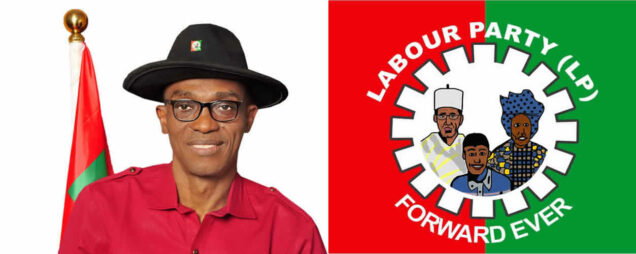
The Court of Appeal has reaffirmed Julius Abure’s position as the National Chairman of the Labour Party. This ruling ends a contentious leadership dispute within the party. It marks a significant development for Nigeria’s political landscape.
The court’s decision is a pivotal moment for the Labour Party. It solidifies its leadership structure. Moreover, it could influence the party’s strategic direction in the coming months. As a result, political analysts are closely watching its potential impact.
Background of the Dispute
The leadership tussle within the Labour Party has been a hot topic. Abure’s position as National Chairman faced challenges. This led to a legal battle culminating in the Appeal Court ruling.
Sources reveal that the dispute caused uncertainty among party members. However, this clear judicial decision allows the party to refocus. Now, they can concentrate on their political agenda without internal distractions.
Implications for the Labour Party
The court’s decision will likely have far-reaching effects. Abure’s leadership is now legally secure. Consequently, the party can address pressing political matters. Additionally, they can prepare for upcoming electoral challenges.
Political commentators suggest this resolution could strengthen the party’s position. It may enhance their role as a significant opposition force. Furthermore, the party can now present a united front. This unity is crucial for their credibility and effectiveness.
Reactions from Party Members and Supporters
The court’s decision has sparked various reactions. Abure’s supporters express satisfaction with the ruling. They see it as a vindication of his leadership.
Party officials are calling for unity. They urge all members to support Abure’s leadership. Additionally, they stress the importance of focusing on party goals. They prefer this over dwelling on internal disagreements.
The Road Ahead for Julius Abure
Julius Abure now faces new challenges as he retains his position. He must steer the Labour Party through Nigeria’s complex political landscape. His immediate tasks are likely threefold. First, consolidating party unity. Second, outlining clear policy positions. Third, strategizing for future electoral contests.
Abure’s leadership will be crucial in shaping the party’s role. He must present it as a viable alternative to the ruling party. Political observers will keenly watch his next moves. They’ll assess how he navigates the challenges ahead.
Broader Political Implications
This resolution could affect Nigeria’s entire political spectrum. It potentially strengthens the opposition landscape. This strength is vital for a healthy democracy.
Other political parties will likely observe the Labour Party closely. They’ll watch how it emerges from this period of uncertainty. The party’s ability to regroup quickly could set an example. It might show how to resolve internal conflicts in Nigeria’s political system.
The Appeal Court’s decision is a significant moment in Nigerian politics. It resolves a critical leadership question within the Labour Party. Furthermore, it sets the stage for potential developments in the country’s political dynamics.
As the legal battle concludes, attention turns to Abure and the Labour Party. People will watch how they use this clear mandate. Their actions could influence Nigeria’s political discourse. Additionally, it may affect their preparation for future electoral challenges.

